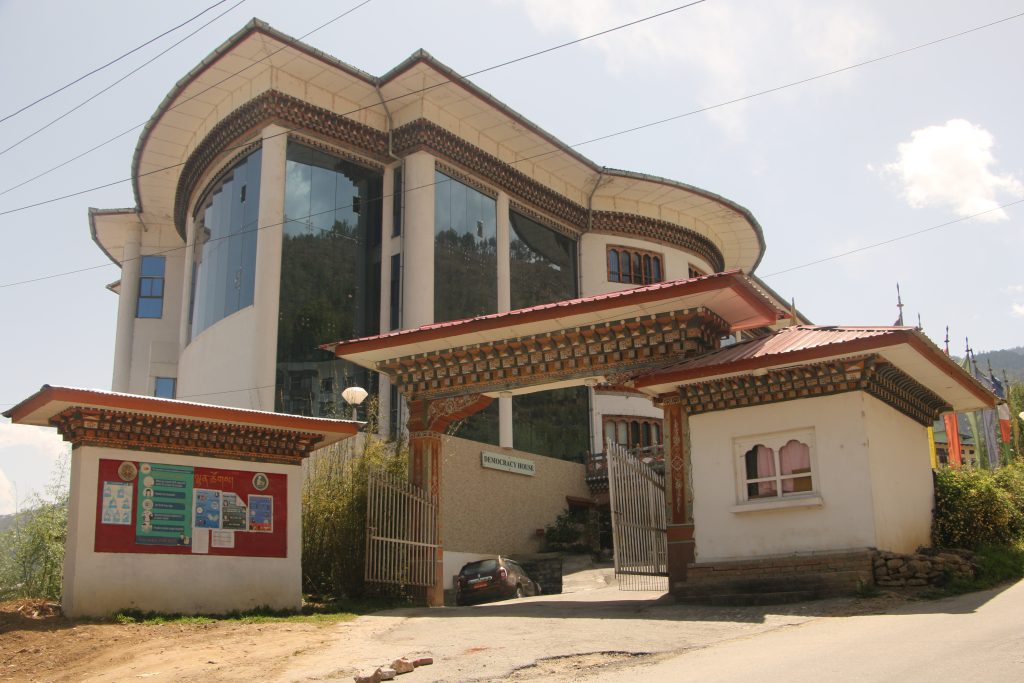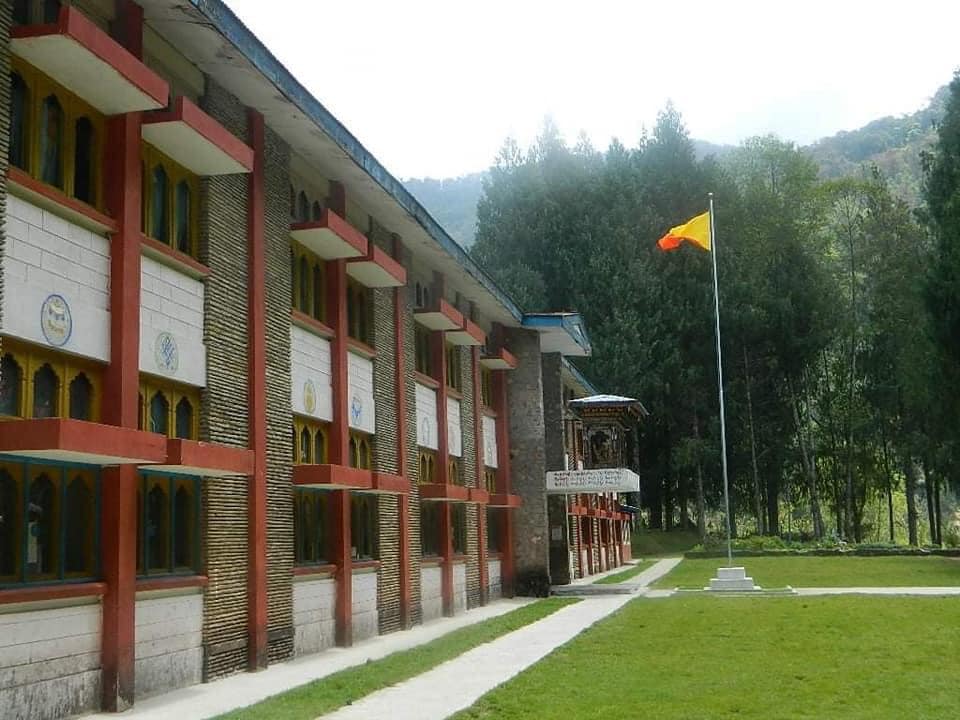New Rules on Elections Conduct say aspirants to the NA and NC require a minimum of five and ten years of experience respectively
For a long time, the Australia migration has been the talk of the town. However, today, another subject has taken over, with the Election Commission of Bhutan (ECB) coming up with the “Rules on Elections Conduct in the Kingdom of Bhutan 2022.”
While there are few revisions, one of the highlights concerns additional criteria for those aspiring to join politics. The new rules states that those aspiring for the National Assembly (NA) requires a minimum of five years of experience in the government or private sector, while aspirants to the National Council (NC) need 10 years of experience.
While there are some saying it is wrong to assume that those without experience will not be good leaders, most agree that such criteria are required so that members of the parliament (MP) can positively contribute.
“No matter how educated one may be, but there is no greater institution of learning or a teacher like ‘experience’”, a serving member of parliament (MP) said, adding that when he joined, he was young, inexperienced, and thus unable to contribute as he desired.
When asked how the deficiencies of young parliamentarians impede their performances, he said it is manly in “decision making.”
“And when we are not able to take decisions, the senior and experienced ones do everything, whether it is good or bad for the country,” he said.
Another senior MP said the ECB has taken a good decision. “With due respect to all my fellow MPs, I would like to say that people have even started to say the NC posts especially are like jobs. The NC is the House of Review and when something such as this, comes from the grassroots, it does not reflect well on our system,” he said, adding dozens of candidates participate in NC elections, which is also a dent in the nation’s exchequer.
A senior retired civil servant said that had such criteria been there before itself, there would not have been the need for exercises, such as the “transformative exercise.”
“Seasoned MPs would have understood the need to review rules; how some laws have become obsolete, and accordingly acted. Nothing of the kind happened and it is sometimes very disheartening to watch our MPs debate in their respective houses,” he said.
He added that the five-year category for NA aspirants is fine as political parties scout for candidates and in doing so they would consider experience as one of the benchmarks.
“However, for the NC, any graduate can compete. People then do not vote for the best candidate from their districts but for those from their gewogs and this is how capable ones are left behind.”
Further, he also said that the ECB should be cautious. “The rules say 10 -years experience in any private or public office. It will be easy to know if someone really worked in the civil service. But, people can easily get a letter from a relative or a friend who is in the private sector saying that an aspiring politician worked there for five or ten years. How would the ECB monitor this?”
Another MP said it is high time for transformation in the legislative body, too. “For the last 15 years, opportunities were given equally to all, irrespective of experience. Perhaps, the ECB has decided that it is time for some changes or reforms,” he said, adding that though he has respect for all MPs irrespective of their ages, “experience is very important.”
“There will be those who say otherwise; but once you sit on that chair, you will realize the importance of experience. And I am speaking through experience,” he said.
Sonam Tashi from Thimphu















